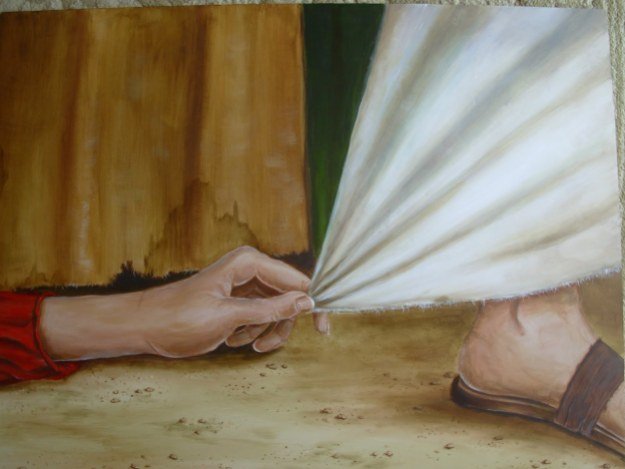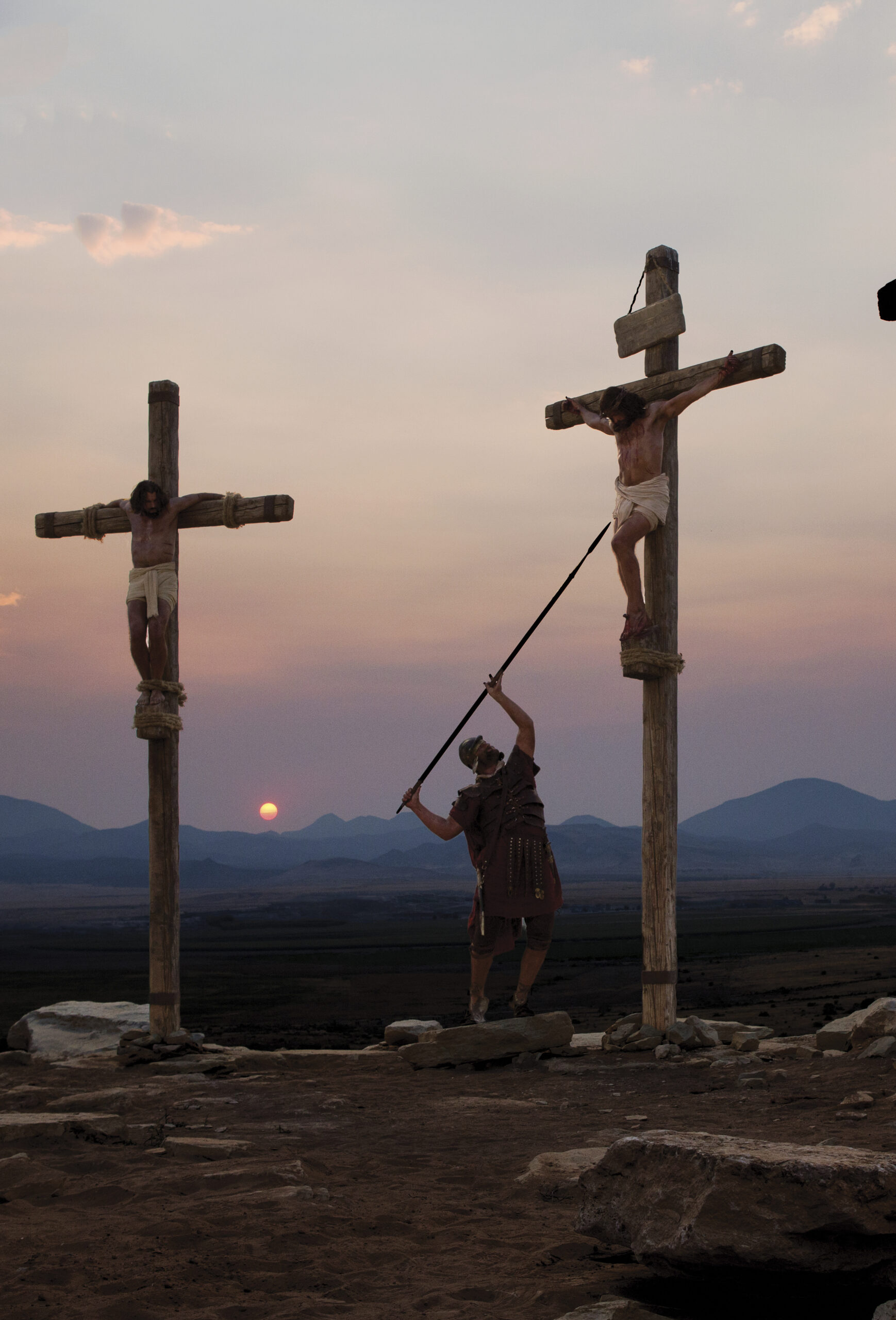Blessed be the name of the Lord Jesus. Welcome as we reflect on the Scriptures.
2 Corinthians 11:4 (ESV) says:
“For if someone comes and proclaims another Jesus than the one we proclaimed, or if you receive a different spirit from the one you received, or if you accept a different gospel from the one you accepted, you put up with it readily enough.”
When Paul wrote these words, he was not praising the Corinthian believers for their tolerance. On the contrary—he was rebuking them. His tone was one of concern and alarm. He was saying, “You’re too willing to tolerate false teachers and false teachings!”
To put it plainly: Paul was warning them not to accept anyone who came preaching a distorted Christ, operating by a counterfeit spirit, or proclaiming a corrupted gospel. The Corinthians were tolerating these things rather than rejecting them—and that was spiritually dangerous.
This warning is just as urgent today as it was then. There are still “other Jesuses,” “other spirits,” and “other gospels” being preached in the world—and even in churches.
Who is this “other Jesus”?
The true Jesus of Scripture declared:
“I am the way, and the truth, and the life. No one comes to the Father except through me.” – John 14:6 (ESV)
But the “other Jesus” says: “There are many ways to God—through other saints, through religious traditions, or through various world religions.” This is not the Jesus of the Bible—it is a deception.
The true Jesus said:
“If anyone would come after me, let him deny himself and take up his cross and follow me.” – Matthew 16:24 (ESV)
And again:
“For what does it profit a man to gain the whole world and forfeit his soul?” – Mark 8:36 (ESV)
But the “other Jesus” says: “You don’t have to deny yourself. You can keep your sinful habits. God looks at your heart, not your outward life.” This false Jesus demands no repentance, no obedience, and no transformation—and that is not the Jesus who saves.
This is why Paul warned the Corinthians: Don’t accept a false Christ. It is not a small error—it is a doorway to spiritual ruin. As Jesus warned:
“For false christs and false prophets will arise and perform great signs and wonders, so as to lead astray, if possible, even the elect.” – Matthew 24:24 (ESV)
What about the “other spirit”?
The true Holy Spirit is the Spirit of holiness. As His name implies, His work is to sanctify—to set us apart from sin and make us more like Christ.
Jesus said of the Holy Spirit:
“When the Spirit of truth comes, he will guide you into all the truth.” – John 16:13 (ESV)
And Paul says:
“But I say, walk by the Spirit, and you will not gratify the desires of the flesh.” – Galatians 5:16 (ESV)
Yet many today are influenced by another spirit—not the Holy Spirit. This counterfeit spirit does not lead to holiness but to compromise. It does not convict of sin but excuses it. It does not lead to truth but to confusion. Under its influence, people indulge in immorality, embrace worldly fashion that dishonors God, harbor bitterness, and ignore Scripture. These are not the fruits of the Spirit (Galatians 5:22–23)—they are works of the flesh.
Beware of spirits that masquerade as holy but produce no evidence of sanctification. 1 John 4:1 (ESV) warns:
“Beloved, do not believe every spirit, but test the spirits to see whether they are from God.”
And what of the “other gospel”?
The word gospel means “good news”—specifically, the good news of salvation through Jesus Christ. Paul wrote:
“For I am not ashamed of the gospel, for it is the power of God for salvation to everyone who believes…” – Romans 1:16 (ESV)
The true gospel calls us to repentance, faith in Christ, and a life of obedience. It delivers us from sin and the coming judgment.
But the “other gospel” makes no such demands. It tells people what they want to hear, not what they need to hear. It tolerates unforgiveness, vengeance, and bitterness. It encourages believers to “pray against” their enemies rather than forgive them—contrary to what Christ taught:
“But if you do not forgive others their trespasses, neither will your Father forgive your trespasses.” – Matthew 6:15 (ESV)
A gospel that justifies hatred, resentment, and spiritual pride is no gospel at all—it is a message from hell, not from heaven.
Sadly, many churchgoers today are filled with anger and unforgiveness, yet they think they are walking in the light because they attend church and follow religious routines. But without love, forgiveness, and holiness, we are deceiving ourselves.
So ask yourself:
Which Jesus have I received?
Which spirit is influencing my life?
Which gospel do I believe?
Is it the Jesus of Scripture, the true Holy Spirit, and the gospel that leads to salvation? Or is it a counterfeit—crafted to appeal to the flesh but powerless to save?
Let us heed the apostolic warning and discern carefully. As Scripture exhorts:
“Examine yourselves, to see whether you are in the faith. Test yourselves.” – 2 Corinthians 13:5 (ESV)
The times are deceptive. Let us hold fast to the truth.
Maranatha—The Lord is coming soon!









